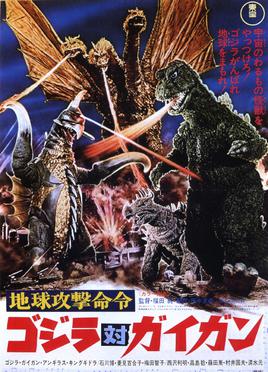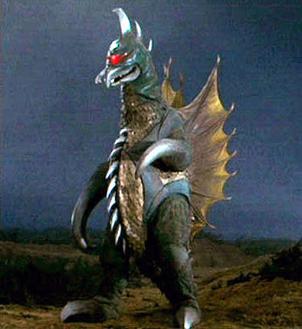Well, they are both symptoms of the same issue, and that issue is what I'd like to address: How to Appreciate Movies.
The Secret Ingredient
The funny thing is, I don't have a whole lot to say on the topic. There is one simple practice that everyone can do to appreciate film more. All you have to do is always assume that everything a film does is on purpose, and cost a whole lot of time and money to do. If you do that, this always begs the question: "Well, why did they do THAT then?" And that is the exact question you need to be asking yourself. That question will help you appreciate every single film on the planet on it's own terms - because you will be asking it from a place of inherent respect (because you assume it was on purpose), seeking understanding - instead of demanding a movie to justify its shortcomings when you have already decided it is terrible.
Pacific Rim
Let's give an example, just to make sure I'm being clear. A film I often talk with others about and am sad to find they don't appreciate the same way I do is Pacific Rim. So let's go through it real quick.Why people don't like it:
Invariably, if you find someone who just LOVES Pacific Rim, you will find that they are fans of old Godzilla movies. Seriously. People who like Kaiju films, love Pacific Rim. That tells us something right there. It seems there is a barrier that people aren't getting over because they expect it to match other action or suspense genres, rather than accepting it within the genre it belongs to.
Pacific Rim is a Kaiju film - but people expected it to be a vanilla blockbuster action flick. So how can we appreciate it on it's own terms, within the (admittedly foreign) genre that it exists?
Assume everything was on purpose and ask why.
Pacific Rim is cheesy, and it operates on a scale of craziness and frivolous fun that a lot of people have a difficult time getting into. If we put realism on a scale, Pacific Rim (and Kaiju films in general) would be lounging in the deep end of insanity.
How we can appreciate it:
I love old Japanese Godzilla movies. My favorite featured Godzilla fighting a Monster that towered over the tallest skyscraper, had knives for hands, had a chainsaw apparatus on his belly (he wasn't even a robot, it was just there somehow), and was summoned by people you start the movie believing are aliens, but it turns out at the end they are just giant cockroaches come back from the future.
I promise I did not make any of that up.
Kaiju films promise a good time had by all, but require in return that you as the audience let them do with the story as they will. They openly ask you to actively and willingly suspend your disbelief, rather than seeking to prove themselves to the audience and trick them into believing that this universe actually exists by trying to ground it in something you can accept.
Pacific Rim does this blatantly in the first five minutes. In the opening sequence, Del Toro lays out the premise - giant monsters, giant robots, why they exist and what they do - and if you can just accept that opening sequence and buy into that one premise, the film is phenomenal. The film tells you (the audience) the rules it is going to play by, and then it does. It does not try to answer to the demands or expectations of the audience, nor is it ruled by current trends of story or cinematography. It is a Kaiju movie, and it lays that on the table for you to accept from the very beginning.
That was on purpose, and it cost a lot of time and money. Why would they do that?
Because Del Toro knows he is selling a Japanese genre to an American audience. He lays it out because he knows this is the ticket for admission - accept this premise and you'll love the film. If you went into that movie expecting Transformers, the fact that you hated it is your own fault because the movie told you upfront it was not like Transformers. If you can appreciate the movie on its own terms, you will love it.
Pacific Rim is now reigning king among Kaiju films - a remarkable feat from a Mexican guy who had to learn about and outdo 50 years of Japanese film tradition.
Anyway, this post isn't about Pacific Rim, or even to convince you to love it, I just thought it was a good example on appreciating films on their own terms, and I wanted to share my thoughts on how people can appreciate films more. Assume everything was on purpose, even when you hated something. Heck, especially when you hated something. No filmmaker wants to spend $200 million and 2 years making something you hate. So, take a moment and pretend they did it on purpose, and then ask why.









